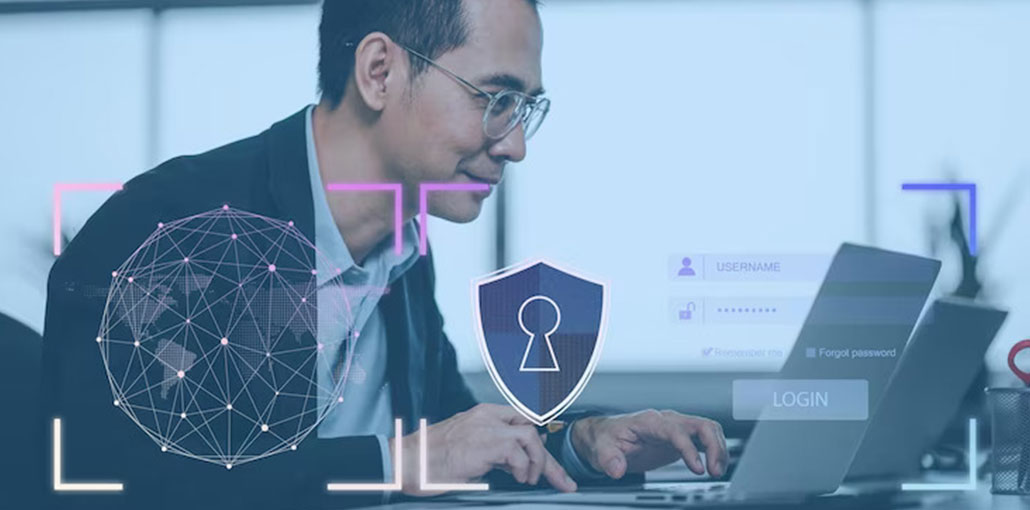The world is at a very interesting moment in its history. By 2020, the global cybersecurity market will be valued at $170 billion. In the past 12 months, we have seen more hacks than ever. It’s basically a race to be at the top. Who will be the first to reach the summit?
Security experts will always be in the lead. New ways of combating cyber threats will always emerge, but businesses must adopt the latest technologies and best practices to protect their data — particularly data that contains private customer information.
Tips to Protect Customer Information
Data privacy expert Virtru says that the value of information about consumers has made online privacy a battlefield. Data about online behavior can help companies market their products more effectively, but customers are becoming increasingly uneasy about the way organizations collect, use, and sell their data.
If you collect it, you better protect it. This should be the unofficial motto of your company when it comes to customer information. If you’re anything like the majority, you have no idea where to begin.
You can get some ideas on how to proceed by reading the following tips.
1. Encrypt all Customer Data
All sensitive information you store on your servers should be encrypted. Unencrypted data is a goldmine for hackers. Encrypting data does not necessarily make it more difficult for hackers to hack into your system, but it reduces the likelihood of them stealing and using information. If they manage to get hold of encrypted data, the information will be worthless.
Also read: What Is Cloud Data Protection? Important, Challenges and Best Practices
2. Limit Access Where Possible
Companies today have an open-minded culture when it concerns data. This policy should not be applied to all types of data, especially personally identifiable information (PII).” business owner Adam Blitzer explains. We recently re-evaluated who had access to our database of customers and found that some users did not need to have access to specific types of information. We have therefore restricted access to a select few employees.”
You should regularly review who has access to which information within your organization. You may trust your entire staff, but the truth is, the more data that is accessible, the greater the risk that it will be compromised. You can cut off access to someone who doesn’t require it for their job.
3. Use a Dedicated Server
Small businesses often use shared servers to save money. While this may be fine in many cases, it exposes you to unnecessary risks. It is a bit unsettling to know that people outside your company can access your server. You should use a dedicated server if you want to protect the private information of your customers.
The transition from a shared server to a dedicated one isn’t nearly as complicated as it used to be. It’s as simple as finding a platform you like, setting up your new hosting, and following the instructions to move files and data. The process will take a little time, but shouldn’t be difficult.
Protect Your Customer Information
Your customers trust you to protect their personal information when they give it to you. If you fail to protect your customers’ data and expose them unnecessarily to malicious hackers and risk, you will lose their trust. One of the possible outcomes could be damaging lawsuits. A loss of confidence will be the most costly.










Leave a comment